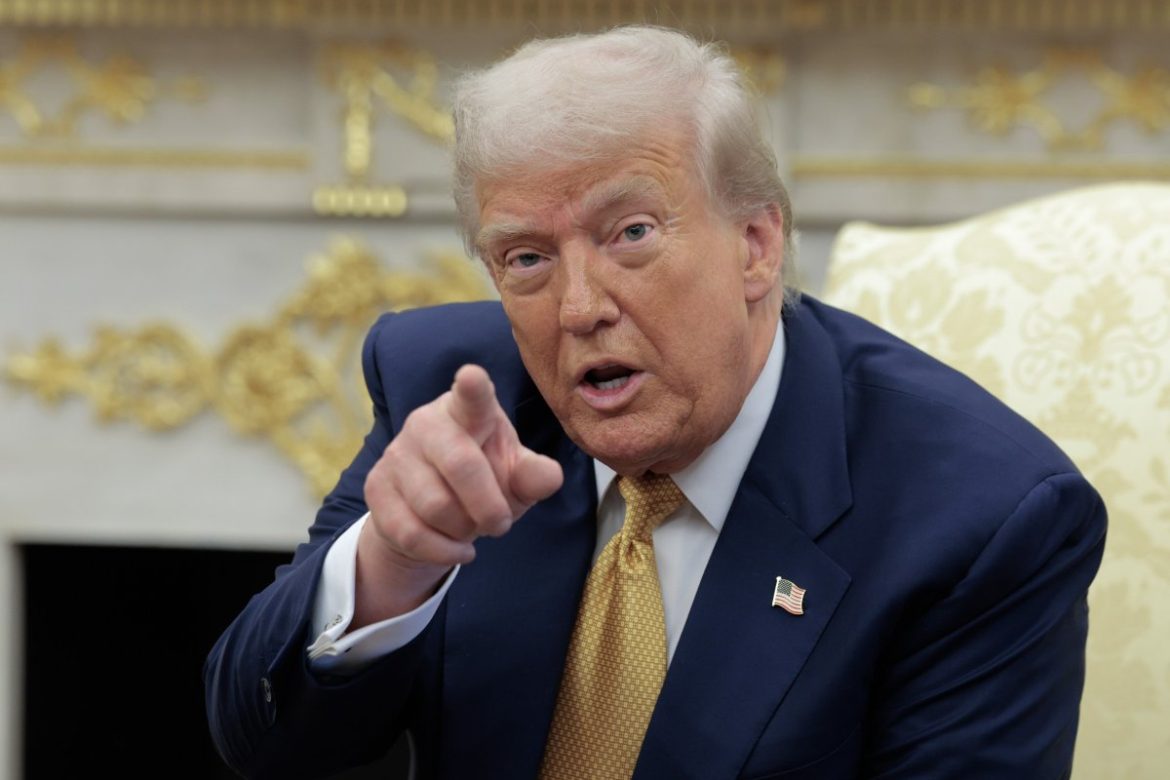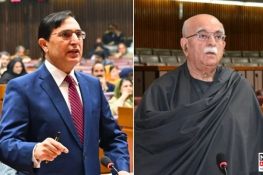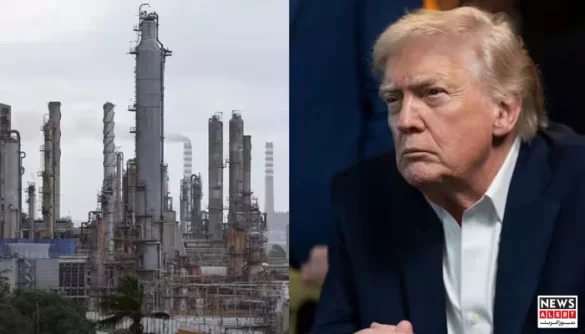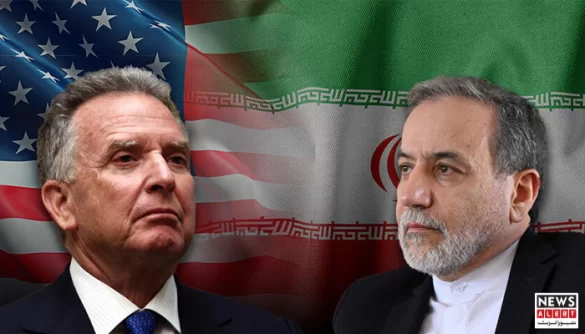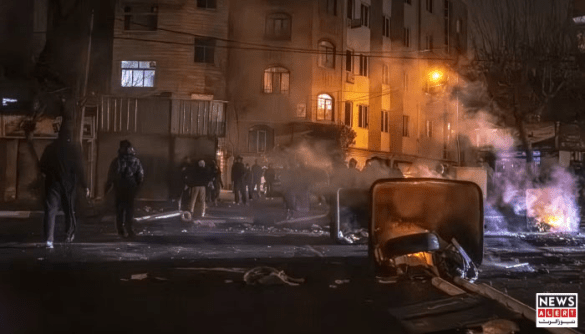Trump’s Warning to Europe
Former US President Donald Trump has urged European leaders to immediately stop purchasing Russian oil if they are serious about supporting Ukraine in its war with Moscow. Speaking at a high-level meeting with Ukrainian President Volodymyr Zelenskyy and several European heads of state, Trump stressed that energy revenues from Europe remain a key source of funding for Russia’s military operations.
According to the White House statement released after the meeting, Trump told participants that Europe’s reliance on Russian oil and gas contradicts its declared support for Ukraine. “If Europe continues to buy Russian oil, it is effectively financing the war it claims to oppose,” Trump reportedly said.
“Coalition of the Willing” Summit
The meeting took place under the banner of the “Coalition of the Willing,” an international grouping formed to coordinate support for Ukraine and seek ways to bring an end to the conflict, now in its third year. The coalition includes NATO members, European Union states, and partners in Asia who have imposed sanctions on Russia since its full-scale invasion in February 2022.
Trump underlined that Russia earned more than one billion euros from fuel sales to Europe within a single year, money that he argued has been directly diverted to sustain the Kremlin’s war effort. This figure highlights a longstanding dilemma for European governments: how to balance energy needs with geopolitical commitments.
The Energy Dilemma in Europe
Before the war, the European Union relied on Russia for nearly 40% of its gas imports and over a quarter of its oil. Although Brussels has since imposed an embargo on seaborne Russian oil and pledged to phase out most Russian energy imports, some loopholes remain. Certain member states, particularly in Eastern Europe, continue to receive Russian crude and gas through pipelines due to exemptions and infrastructure limitations.
Experts warn that while Europe has reduced dependence on Moscow significantly, complete disengagement is both politically and economically challenging. Alternative supplies from the Middle East, the United States, and Norway have helped, but the transition remains costly.
Pressure on China
In addition to energy issues, Trump also called on European allies to increase economic pressure on China. He argued that Beijing must be discouraged from providing any military or financial assistance to Moscow. “Weakening all potential sources of support for Russia is crucial,” Trump said, urging a united Western front against any backdoor support that might prolong the war.
So far, Washington has accused some Chinese companies of supplying dual-use technologies, such as drones and electronics, that could aid the Russian war effort. Beijing, however, denies providing direct military assistance and maintains that it remains a neutral party seeking peace negotiations.
Balancing Strategy and Reality
Trump’s remarks reflect a broader debate within Western capitals about how best to weaken Russia’s war machine while maintaining economic stability at home. European leaders agree on the principle of reducing Russian revenues but remain divided on the speed and scope of measures.
For Ukraine, stronger Western unity is essential. Kyiv has repeatedly argued that sanctions loopholes and ongoing trade with Russia undermine international efforts to isolate the Kremlin. At the same time, Ukrainian officials have called for tougher action against countries or companies suspected of helping Moscow bypass restrictions.
Looking Ahead
As winter approaches, Europe’s energy security once again becomes a pressing concern. While natural gas reserves are higher this year compared to previous winters, uncertainty remains over prices and supply stability. Trump’s warning highlights the continuing tension between immediate economic realities and long-term strategic goals.
The call to pressure China adds another layer of complexity. With Beijing playing an increasingly central role in global trade and technology supply chains, Western nations face the challenge of confronting Russia without triggering a wider economic confrontation with the world’s second-largest economy.
For now, Trump’s message is clear: if Europe wants to demonstrate unwavering support for Ukraine, it must make painful energy choices and coordinate more effectively on a global scale.

